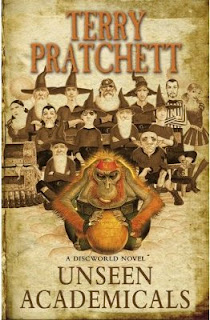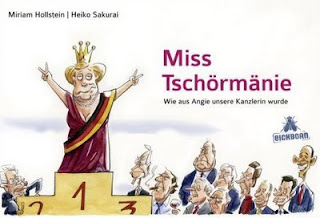Books of the decade
If the Guardian , the Times , and the Telegraph can get away with filling space with a book list, then surely I can too. Presenting: 10 pretty good books of the decade They may or may not be the best books of the decade, but they're definitely the ones (a) I found most entertaining and (b) hadn't slipped my mind while compiling the list. In chronological order, A Heartbreaking Work of Staggering Genius by Dave Eggers (2000) A serious memoir wrapped in multiple layers of flippancy. This could have been a very irritating formula, but it works. The truly heartbreaking story grounds the knowing humour perfectly (compare the witty-but-hollow feel of the much less serious McSweeney's website). His follow-up novel You Shall Know Our Velocity was a bit of a let down, but I've heard good things about his more recent work. The Corrections by Jonathan Franzen (2001) The opening of The Corrections almost put me off reading it entirely. At the time I thought it was...





